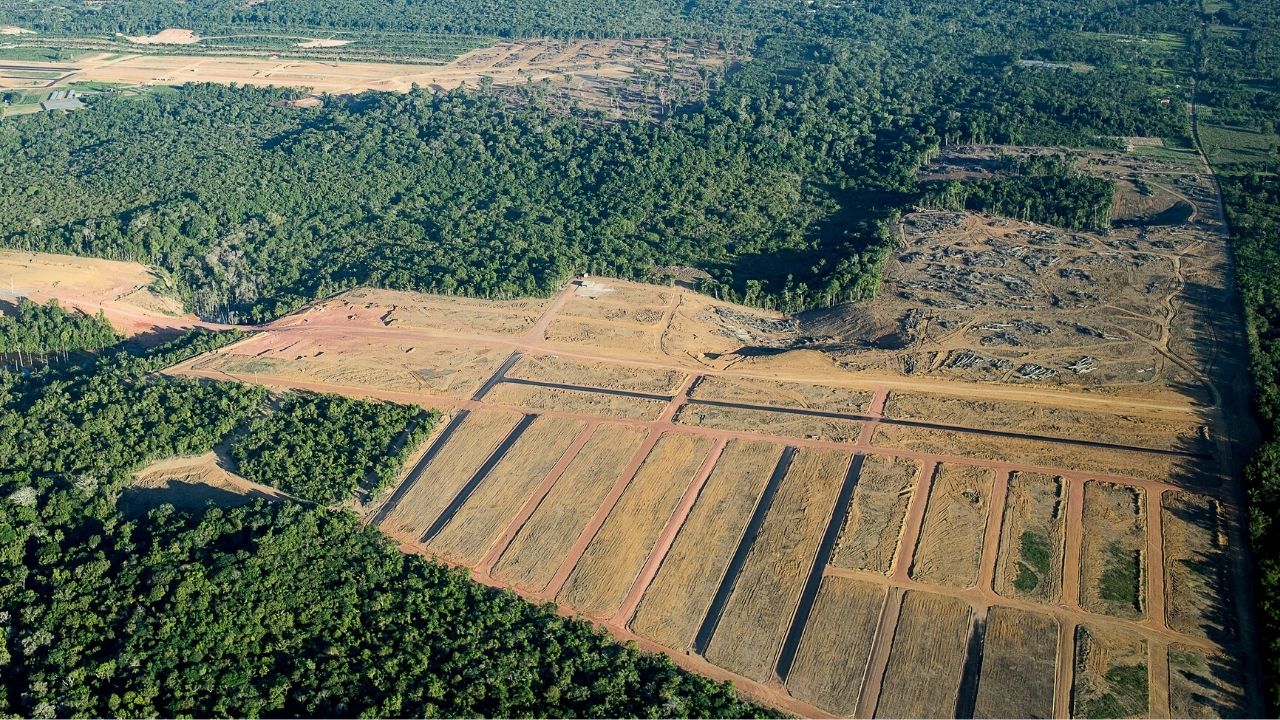Imagine if a group of U.S. state legislators decided that Yellowstone National Park was too big. And then, imagine that they worked with federal politicians to change the law and downsize the park by a million acres — which are then sold off in a private auction.
Outrageous? Yes. Unheard of? Not exactly. In fact, it is a relatively common practice in Brazil’s Amazon.
Deforestation is the most widely publicized threat to the world’s largest rainforest. However, less well understood is that public lands are being converted into private holdings in a land grab we’ve been studying for the past decade.
Much of this land is cleared for cattle ranches and soybean farms, threatening biodiversity and the Earth’s climate. Prior research has quantified how much public land has been sequestered, but only for one type of public land, classified as “undesignated public forests.”
Our research provides a complete account across all types of public land, zeroing in on the Amazon’s most active deforestation frontier, the southern portion of the state of Amazonas. Our analysis takes 2012 as a startpoint, as a year when deforestation rates began climbing upward due to loosened regulatory oversight.
We found that land grabbing is tied to accelerating deforestation spearheaded by wealthy interests, and how Brazil’s Congress has altered the law to legitimize these grabs.
How land grabbing began in the Amazon
The modern trend of sequestering public land in the Amazon rainforest began in 1970s, when Brazil’s military government began offering free territory to industrialists and farmers from the southern portion of the country to move into the rainforest, arguing that national security depended on developing the region. The regime took lands that had been under...


 Search
Search






































